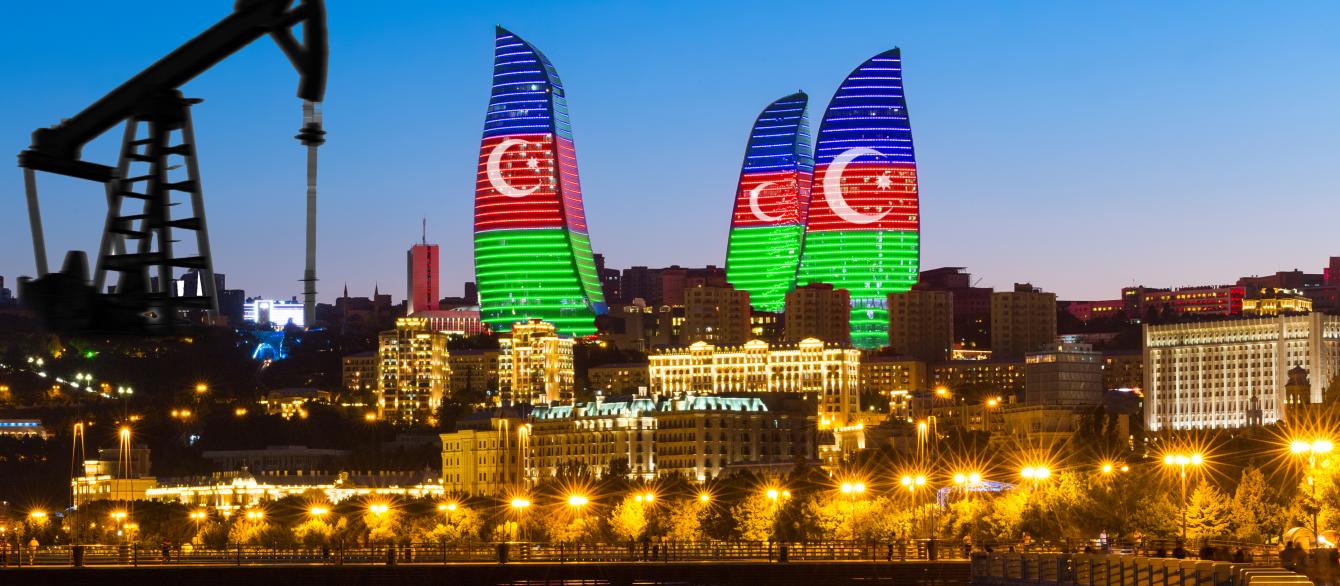This is an excerpt of an analysis published by Freedom House and co-authored by Yana Gorokhovskaia.
In early November, the world’s leaders, environmental activists, and researchers will gather in Baku, the capital of Azerbaijan, for the 29th Conference of the Parties (COP29), the United Nations’ annual forum on climate change. For the third year in a row, the “supreme decision-making body” of the U.N.’s Framework Convention on Climate Change is being presided over by an authoritarian petrostate — a state that, ironically for a COP host, is heavily reliant on fossil fuels — with an abysmal human rights record.
Little more than a year ago, Azerbaijani armed forces launched a lightning military assault on the previously self-governing territory of Nagorno-Karabakh, dissolving the territory’s political, legal, and civic institutions and displacing virtually the entire population of ethnic Armenians. Since then, Azerbaijani President Ilham Aliyev’s regime has turned up the dial of oppression both within and outside of Azerbaijan. While calling publicly for a “COP29 truce” to “transcend political differences and stand together in unity,” Azerbaijani authorities have only escalated the crackdown across the country.
Allowing autocrats to burnish their reputations by hosting global conferences potentially threatens to undermine efforts to address urgent global issues and challenges and the credibility of multilateral forums. The international community must not miss the opportunity to use COP29 to draw attention to Azerbaijan’s human rights record and advocate for change.






